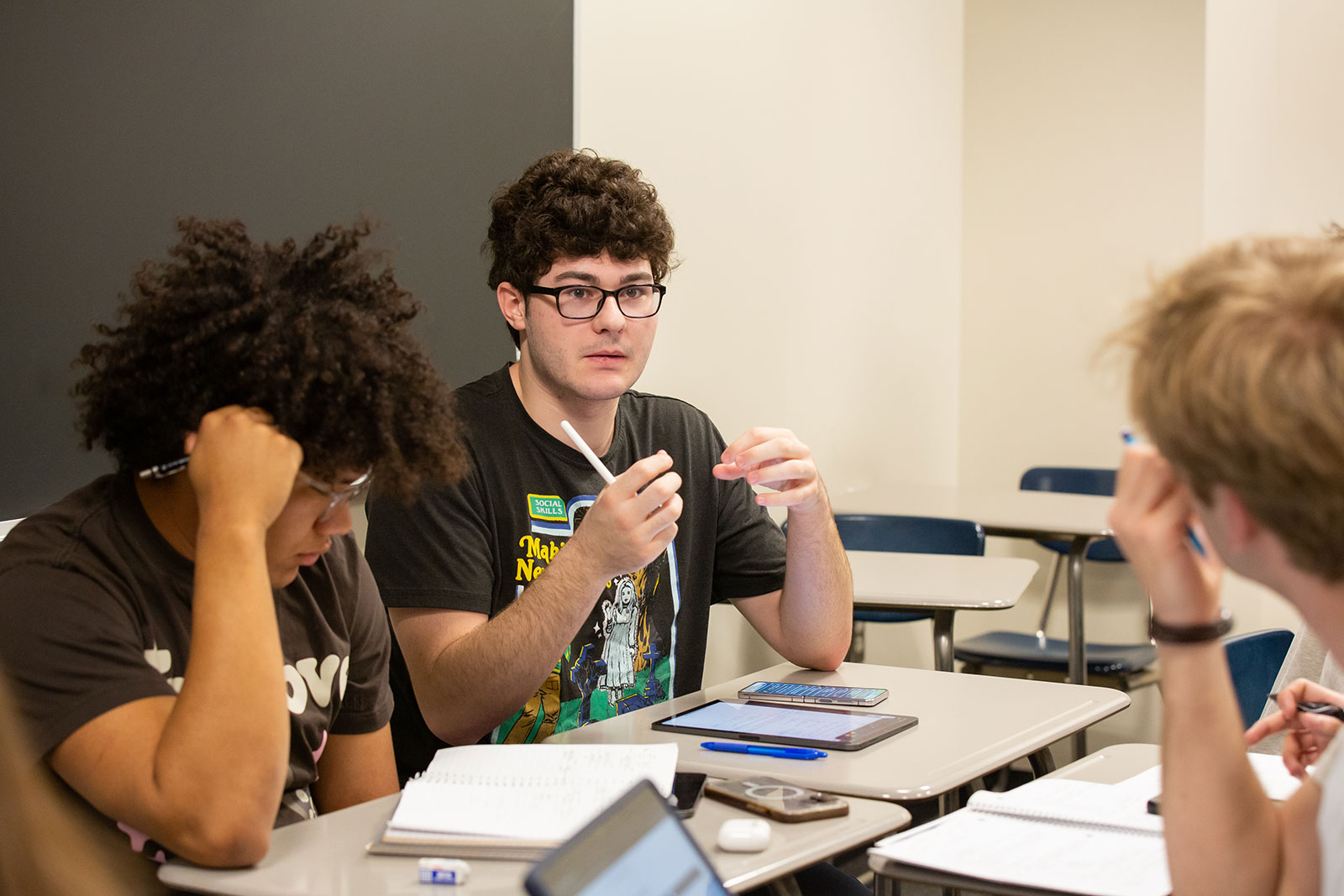Related Resources
Why study Economics?
 Economics is the study of how individuals, businesses, governments, and others choose to use resources. Ultimately, it’s about well-being: measuring it, learning how it may rise or fall, and evaluating the well-being of the rich, the poor, and those in between.
Economics is the study of how individuals, businesses, governments, and others choose to use resources. Ultimately, it’s about well-being: measuring it, learning how it may rise or fall, and evaluating the well-being of the rich, the poor, and those in between.
Our economics program at the University of Michigan-Dearborn is shaped by the real world. It delves into critical issues like inflation, unemployment, crime, poverty, and global warming, offering potential solutions. The skills you gain, from understanding economic models to applying quantitative analysis to real-world data, will set you apart when you enter the workforce.
Where an Economics Degree Will Take You
The versatility of an economics degree from UM-Dearborn will open up a multitude of career paths. Economists are needed in virtually all sectors, from business and finance to government and nonprofit organizations. Most importantly, you’ll develop critical thinking skills for practical problem solving, making you invaluable to a wide variety of employers.

